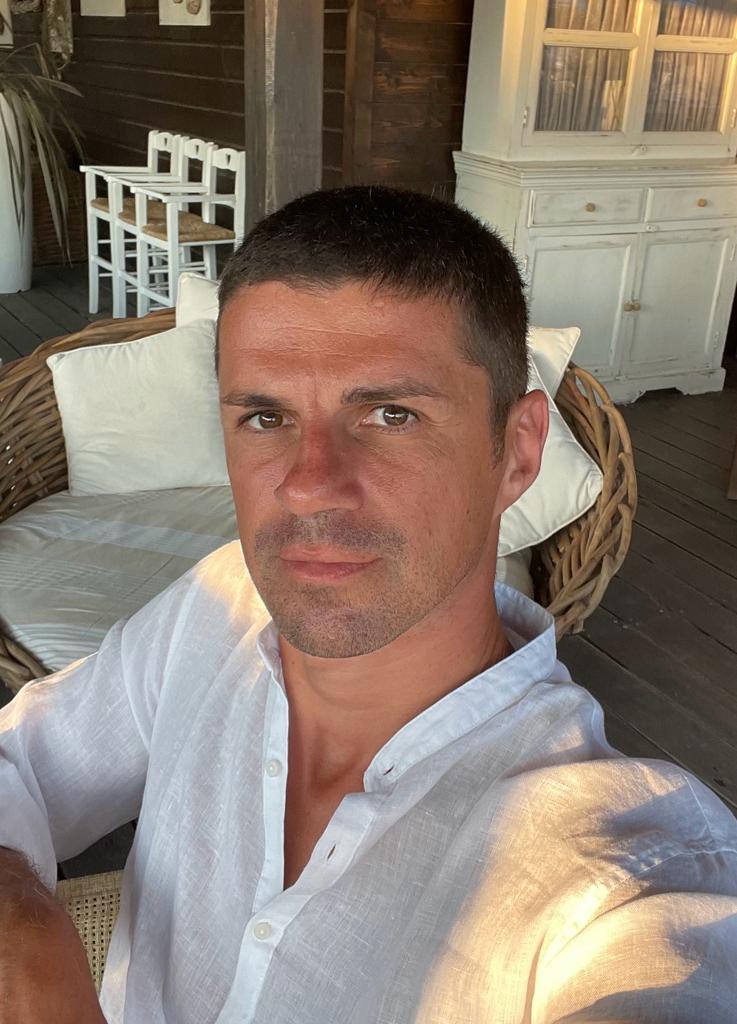Medical doctors and Surgeons
Laparoscopic surgery: from traditional techniques to robotics
«Like a tailor, you have to narrow this dress and recreate a proper abdominal wall».
Surgery is constantly evolving. Its techniques become more and more innovative in order to guarantee satisfying results with a little effort by doctors. Reducing the probability of unpleasant consequences and possible post-surgical discomforts.
Francesco Coratti, surgeon at Careggi Hospital in Florence, with a background in oncological surgery, has been treating for years cancerous diseases of the digestive system. At the same time, he is dealing with abdominal wall surgery by using minimally invasive surgery techniques. From laparoscopic to robotics but also to traditional surgery.

Laparoscopic reconstruction: what it is and for whom it is indicated
Laparoscopy is an innovative and a little invasive technique used to rebuild a strenuous muscular fascia. It is the case, for example, of women who, after childbirth, found themselves having damaged muscle groups due to the bearing of a considerable load. So, it is a matter of «recreating an adequate abdominal wall, which can then restore continence to it and to the whole abdominal fascia – explains Coratti – and, obviously, often and willingly there are hernias that must be repaired and then we proceed using prostheses to strengthen the whole thing». Fundamental, emphasises Coratti, is also to give back a tone to avoid the subsequent occurrence of problems.
The surgery, lasting about an hour, involves a general anaesthesia, consists of a few millimetres cut. So it is minimally invasive and, after a single day of hospitalisation, it is possible to return home with excellent and immediate results after surgery. «Small cuts are made from three to five millimetres, but both the aesthetic and functional impact is mini invasive”» explains Coratti.
Areas of intervention, innovative techniques and results
Diastasis causes many problems for women, from meteorism, to disorders related to digestion, urinary incontinence, but also aesthetic or intestinal problems. Thanks to the anterior abdominal wall reconstruction, «the functional pathology, including low back pain, linked to the hind muscles, greatly improves” affirmed Coratti. “ Recently, I have reviewed my personal casuistry and many women are satisfied» .
Laparoscopy is a new and a minimally invasive surgery; it is possible to approach by using robots and tools from the last decade as mechanical sutures and cutting-edge prosthesis.
Unlike past techniques, which could involve esthetical and functional problems, but also post-operative complications, this type of surgery is, according to Coratti, «the top that there can be at this historical moment».
It is a very useful and often used intervention, with remarkable results, especially regarding umbilical hernias; in general it is a surgery that can help many women who suffer from problems related to this weakening of the anterior muscle wall, solving a discomfort with a minimum of effort.
The aspect that Coratti focuses on is the importance of addressing specialists who deal with the issue in question and not relying on people who try to address this type of problem for the first time.
«In oncological pathology it is crucial that whoever operates is able to know what is doing without improvising, it is a very important recommendation not to encounter complications during the post-operative». concludes Coratti.
Coratti surgeon at Careggi University Hospital




































